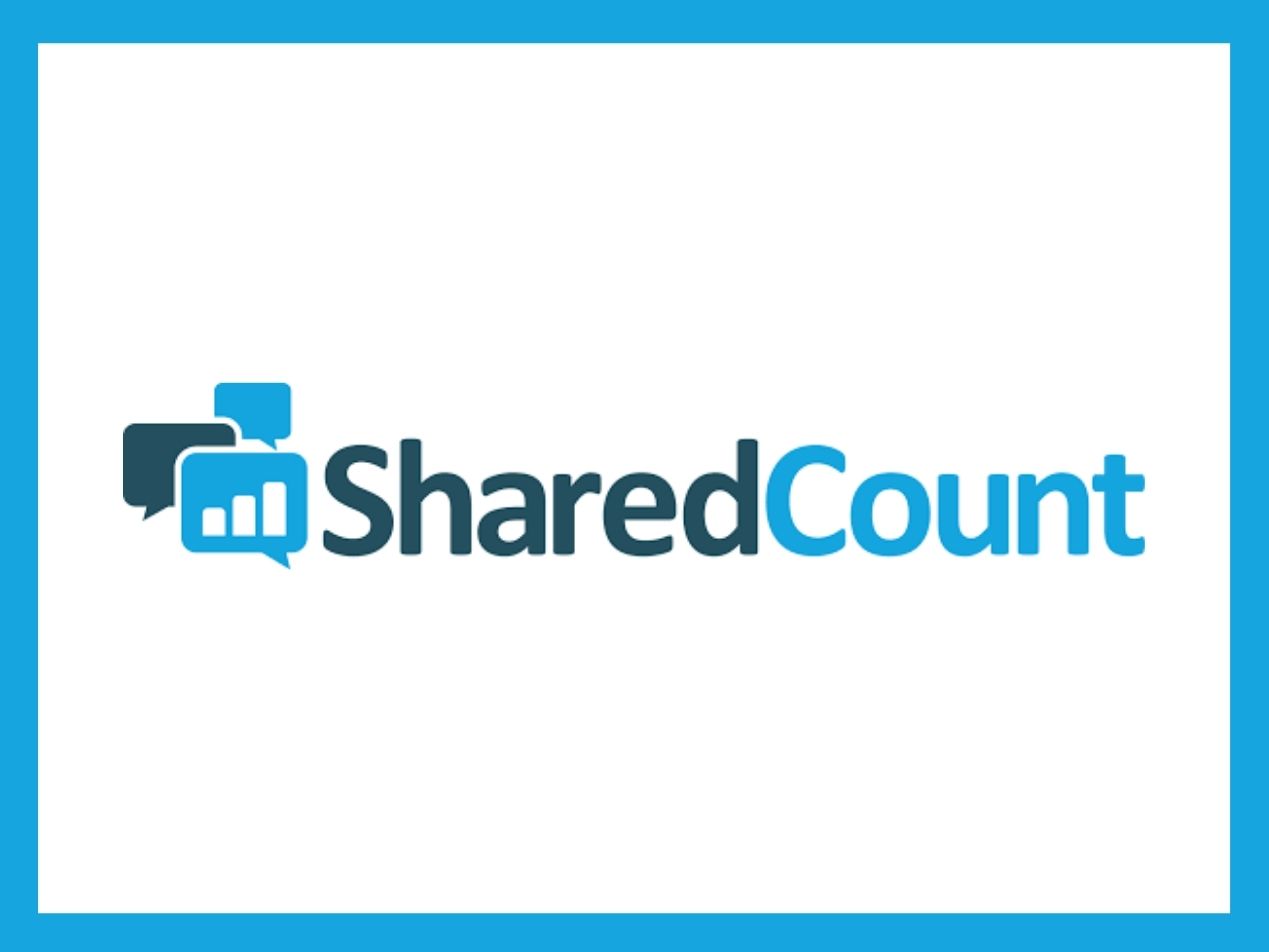
Maintaining HIPAA compliance on social media requires understanding where violations may occur and how to avoid them. Adopt these best practices when utilizing social media platforms to mitigate the risks of non-compliance.
HIPAA regulations and social media
HIPAA, enacted in 1996, sets standards for protecting identifiable health information. While social media was not specifically addressed in the initial regulations, HIPAA applies to all forms of communication, including online platforms. Healthcare organizations must adhere to HIPAA guidelines when using social media to protect patient privacy and confidentiality.
How to stay HIPAA compliant on social media
- Employee education: Provide comprehensive training on HIPAA regulations, emphasizing the importance of patient privacy and the consequences of non-compliance. Regularly update training materials to stay current with evolving guidelines.
- Avoid sharing patient information: Refrain from disclosing patient-specific identifiable information, including names, addresses, dates of birth, and medical records. Even seemingly innocent details can potentially identify individuals and breach their privacy.
- Obtain proper consent: Seek explicit written consent from patients before sharing information or stories about their medical experiences on social media. Consent forms should clearly outline how the information will be used and shared.
- Develop social media policies: Establish clear policies and guidelines for social media usage within healthcare organizations. These policies should define what can and cannot be shared, as well as the consequences of violating the guidelines.
- Secure communication channels: Use secure channels, such as encrypted messaging systems or HIPAA compliant email services, to communicate patient information. Avoid discussing sensitive matters or sharing PHI on social media platforms.
- Separate personal and professional accounts: Maintain a strict separation between personal and professional social media accounts. Refrain from discussing work-related matters, patients, or any confidential information on personal social media accounts.
Ensuring patient privacy on social media
- Monitor comments and messages: Regularly review comments and private messages on professional social media accounts. Address inquiries or requests for medical advice privately and avoid sharing personal details publicly.
- Exercise caution with media sharing: When posting photos or videos that involve patients or their medical situations, ensure that individuals cannot be identified without explicit consent. Consider using stock images or obtaining permission from individuals willing to be featured.
- Review and Update Privacy Settings: Familiarize yourself with the privacy settings on social media accounts. Review and update these settings to protect personal and professional information appropriately.
The risks of non-compliance
Non-compliance with HIPAA regulations on social media can lead to substantial fines and legal consequences for healthcare organizations. Failure to comply with HIPAA regulations can result in severe financial penalties, reputational damage, and loss of patient trust.
Possible fines for non-compliance
The OCR has the power to impose civil monetary penalties for HIPAA violations. The penalties are tiered based on the level of negligence involved and can range from $100 to $50,000 per violation. Here are the four categories of violations and their associated fines:
- Tier 1: The organization was unaware of the violation and would not have discovered it even with reasonable diligence. Fines for tier 1 violations can range from $100 to $50,000 per violation, with an annual maximum of $25,000.
- Tier 2: The violation was due to a reasonable cause, but not wilful neglect. Fines for tier 2 violations can range from $1,000 to $50,000 per violation, with an annual maximum of $100,000.
- Tier 3: The violation was due to willful neglect that is timely corrected. Fines for tier 3 violations can range from $10,000 to $50,000 per violation, with an annual maximum of $250,000.
- Tier 4: The violation was due to wilful neglect that is not timely corrected. Fines for tier 4 violations can reach $50,000 per violation, with an annual maximum of $1.5 million.
Fines can accumulate quickly, depending on the number of violations and the severity of non-compliance on social media.
Maintaining HIPAA compliance on social media ensures the protection of patient privacy and avoids significant fines and legal repercussions. Healthcare organizations must prioritize training employees on HIPAA regulations, developing comprehensive social media policies, monitoring social media activity, obtaining patient consent, utilizing secure messaging platforms, and implementing strict privacy settings.
Subscribe to Paubox Weekly
Every Friday we'll bring you the most important news from Paubox. Our aim is to make you smarter, faster.





